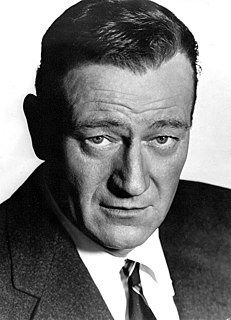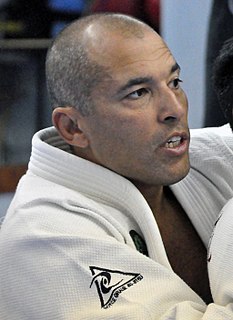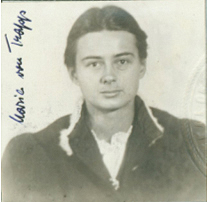A Quote by George S. Patton
Coward: someone who in a bad situation thinks with his feet
Related Quotes
When looking for a life partner, my advice to women is date all of them: the bad boys, the cool boys, the commitment-phobic boys, the crazy boys. But do not marry them. The things that make the bad boys sexy do not make them good husbands. When it comes time to settle down, find someone who wants an equal partner. Someone who thinks women should be smart, opinionated and ambitious. Someone who values fairness and expects or, even better, wants to do his share in the home. These men exist and, trust me, over time, nothing is sexier.
The nobler sort of man emphasizes the good qualities in others, and does not accentuate the bad. The inferior does the reverse. . . . The nobler sort of man pays special attention to nine points. He is anxious to see clearly, to hear distinctly, to be kindly in his looks, respectful in his demeanor, conscientious in his speech, earnest in his affairs. When in doubt, he is careful to inquire; when in anger, he thinks of the consequences; when offered an opportunity for gain, he thinks only of his duty.
A refugee is not just someone lacking in money and everything else. A refugee is vulnerable to the slightest touch: he has lost his country, his friends, his earthly belongings. He is a stranger, sick at heart. He is suspicious; he feels misunderstood. If people smile, he thinks they ridicule him; if they look serious, he thinks they don't like him. He is a full-grown tree in the dangerous process of being transplanted, with the chance of possibly not being able to take root in the new soil.





































